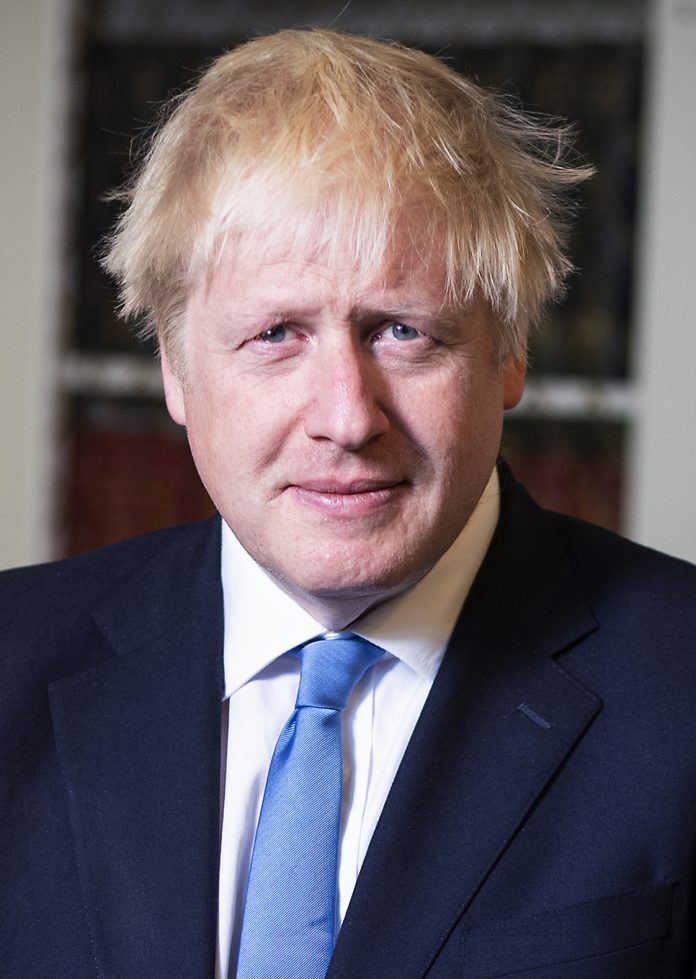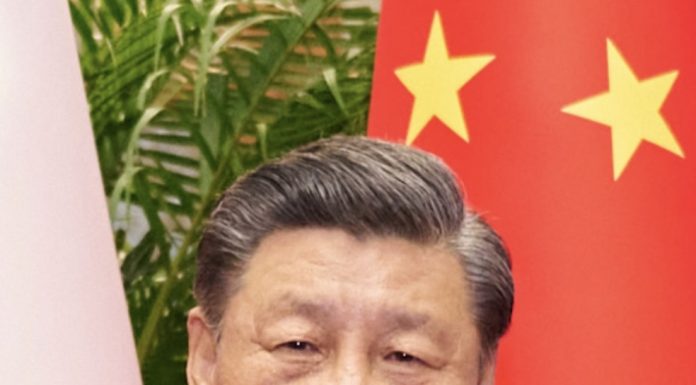The resignation of Boris Johnson as British Prime Minister was not unexpected, but it still caused quite a stir, also because how strongly the colourful politician resisted stepping down. Even if he has not been in power as long as his predecessors Theresa May and David Cameron, he probably had more influence on the future of the United Kingdom than they did.
This is not only because of ensuring the implementation of the Brexit referendum result and because of negotiating both the divorce agreement and the agreement on a future relationship with the European Union. It is also due to the fact that the EU-UK deal means that the UK will henceforth decide its own regulations while pursuing its own trade policy. This seems an obvious consequence of Brexit, but it is not. Theresa May attempted three times to ram an agreement through the British Parliament whereby the British would slavishly follow European trade policy without having any influence on it. Such an arrangement is politically nonsensical, of course, which is also the reason for her failure, but it was not entirely unrealistic that it would get through. If it would have, much bigger conflicts between the UK and the EU were virtually guaranteed, so in that sense “BoJo” has avoided future trade conflicts.
Of course, there is also the dispute over the intensity of controls within UK territory – to avoid border controls between Ireland and Northern Ireland – and there will always need to be negotiations over the degree of market access the British and the European Union grant each other. However, there are pragmatic solutions for all of that.
'I want you to know how sad I am to be giving up the best job in the world
'But them’s the breaks'
Watch Boris Johnson's resignation speech in full:https://t.co/mn6JfG1ogV pic.twitter.com/OYkO5gaZoY
— ITV News Politics (@ITVNewsPolitics) July 7, 2022
A classical liberal conservative
Johnson is often portrayed as some kind of nihilistic opportunist who stands for nothing, and for that reason long doubted whether he would support Brexit, but that is not a correct analysis. Boris Johnson has always been a classical liberal, for free trade and against paternalism, at least in words. There was less of that in policy deeds. For many in the UK, as for Johnson, it was a difficult balancing act to decide whether the positives of the European project – a framework for free trade – still outweighed the growing negatives – over-regulation, waste of taxpayers’ money and a particularly large role for technocrats in the decision-making process. Many British classical liberals therefore hesitated for a long time before taking a stand on Brexit.
Johnson himself, by the way, delivered the keynote speech at the 10th anniversary of Open Europe in 2015, the British think tank that I myself represented for a long time in Brussels and that always stood for free market and subsidiarity reform of the EU, not for an exit. Johnson, like many Britons, was always on that line. The big question for him and others was what to do when politicians on the Continent kept ignoring UK complaints and continued to transfer ever more power and money to the EU level, often even against their own public opinion. Their lack of flexibility really is the main reason for Brexit, as I argued myself in 2016, just before the referendum. Johnson gave that speech at “Banqueting House” in London, the only remaining part of what was the palace of the English Kings between 1530 and 1698. Its ceiling is magnificently painted by Flemish artist Rubens, yet another testimony to the close ties between England and the low countries, as also described by Harry De Paepe in his magnificent book on the subject. When he arrived at the event, Johnson did not really seem to fit in, by the way, as he arrived wearing a K-Way over his rumpled suit, with bicycle helmet and rucksack.
Unfortunately, Johnson’s classical-liberal ideology was almost exclusively reflected in the implementation and design of Brexit. Domestically, there were scandals such as “partygate”, but other major reasons why Boris lost the support of his own centre-right supporters within his party – like MP Steve Baker, for example – were his tax hikes and his almost unprecedented budgetary largesse and money squandering. This was not just related to the Covid crisis, which, like in most other European countries, was dealt with through clumsy and extremely expensive lockdowns, waste of money and excessive restrictions. The UK could also have followed the liberal approach of Sweden, or even Taiwan, another island, just off the coast of China, which had to protect itself from Covid very early on, and succeeded with hefty travel restrictions, with no lockdowns introduced throughout the crisis – even if right now Covid deaths now apparently have increased rather strongly, perhaps the cause of a lack of natural immunity.
On the other hand, the government of Boris Johnson did abandon lockdowns much more quickly than many other countries, to his credit, and of course there is the impressively fast vaccination campaign, led by someone with great private sector experience, which contrasts with the slow approach of the EU’s bureaucracy. Brexit in itself, by the way, is something that made it easier for the UK to develop its own vaccine policy.
Global Britain
The man is far from perfect, but may well become an icon of what “Global Britain” should become: multiracial – one of his ancestors was a Turkish politician and his family comes from a Turkish “village of the blond ones” – flexible, in favour of free trade, capitalism, free speech, democracy, sovereignty and agility. As a Conservative with classical-liberal leanings, he succeeded both in getting elected and re-elected as mayor of left-progressive London, and in convincing many “working class” voters in the North of England with common sense and Brexit patriotism. He then tried in vain to keep those voters through massive spending programmes – which was unlike the succesful approach of Margaret Thatcher, to convince them through tax cuts and allowing people to buy their social housing.
Boris Johnson did manage, in part, to follow in the footsteps of his great example, Winston Churchill, by providing substantial military support to the Ukrainian resistance against Russia’s terrible aggression. That this may well bring the West into military conflict with Russia is something that many in the UK, along with Johnson, dismiss as “appeasement”. History will decide who is right about this, but the fact is that the blond British politician is incredibly popular in Ukraine. In honour of Boris, the Ukrainian railways temporarily changed their logo, adding a blond Boris haircut to it.
Such is Ukraine's sadness about Boris leaving office, their national railways rebranded their logo yesterday https://t.co/a7ftfdKJNO pic.twitter.com/nh9OQY30k4
— Calgie (@christiancalgie) July 8, 2022
Above all else, Boris Johnson is not a politician, but a columnist, always good for a thoughtful quote, as for example:
“My friends, as I have discovered myself, there are no disasters, only opportunities. And, indeed, opportunities for fresh disasters.”
Without any doubt, he will now return to this fine craft.













